Spotlight on Faculty: David Jansen
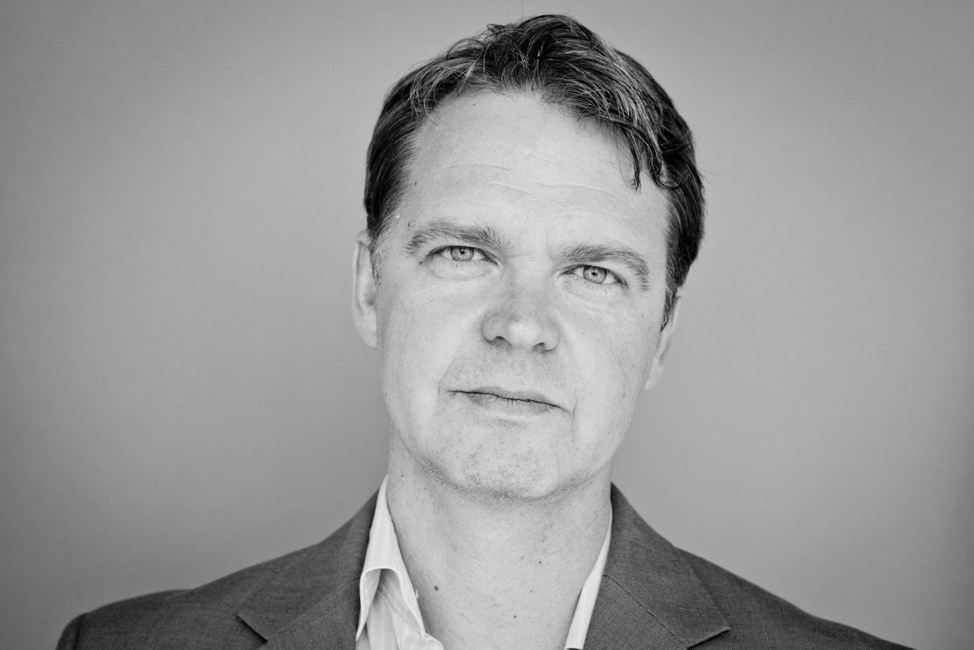
1. Who are you?
My 7-year old daughter leans over my shoulder as I try to answer this. “What kind of question is that!” she says. Quite right. She described me in her French class last year as drôle, gentil, intelligent, fort, and beau. It was for a Father’s Day card. And who am I to contradict her?
I can tell you this: I’m the dad/stepdad of two daughters, Nora (the 7-year-old) and Molly (13), and whoever I am features them close to the centre.
My name is David Jansen and I’m also a theatre artist: actor, director, teacher, and dramaturge. I’ve worked professionally for 30 years, mostly as an actor and mostly in Toronto, though I did spend several seasons at the Stratford and Shaw Festivals, and with the Peter Hall Company in the U.K. I’ve performed in all kinds of productions from the classics to new Canadian work in every kind of venue you can imagine. Some of those shows I’ve devised, too. Mostly notably Ubuntu, which premiered in 2009 but has had a healthy afterlife touring across Canada ever since. And I’ve acted for television—though theatre is my real vocation.
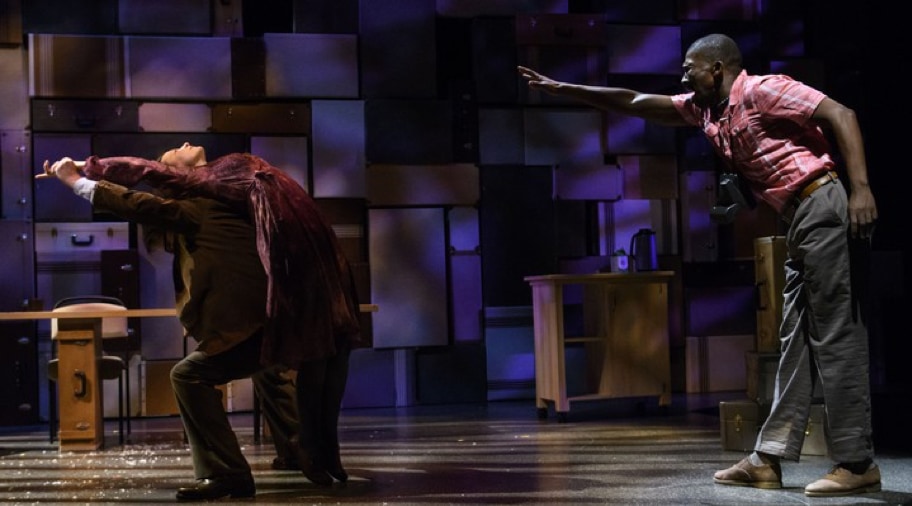
Over the last ten years I’ve widened the aperture of what I do to include directing, dramaturgy, and teaching. And I have embarked on a PhD. It’s given me the opportunity to work at places like the Tarragon Theatre, Thousand Island Playhouse, the Shaw Festival, Randolph College for the Performing Arts, George Brown Theatre School, Ryerson University, the University of Toronto, and now York. And the result has been an intellectual and artistic reformation.
All of this work has intensified my desire to create, to think, to love, to encounter the world as deeply, sensitively, and robustly as I can. The art I create, the way I teach, is also necessarily political though I’m always exploring the forms they take.
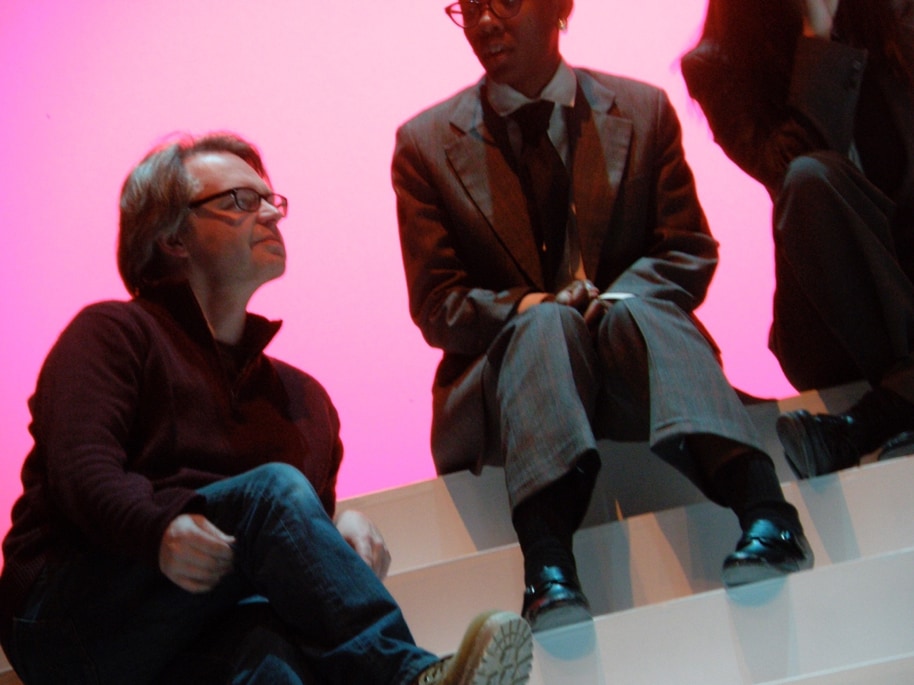
2. Tell us about a creative or research project that you have been immersed in recently.
I’m currently helping to devise three shows, each in a different stage of development. One explores, in a very personal way, creativity and its impediments; another takes as its inspiration the sculptures of Ron Mueck; and a third looks at the life and culture of ants!
As an actor I recently performed the role of Colonel Brandon in a new adaptation of Sense and Sensibility at the Royal Manitoba Theatre Centre.
But my most recent immersion was for a production of The Oresteia that I directed at Randolph College in Toronto. I was very proud of it. The students poured all of their artistic skill, intellect, and instinct into the show. Beyond realizing great performances (which they did), they reworked the text; designed and created their own costumes and props; composed and arranged original songs and score; choreographed fights; worked as production managers and assistant stage managers; and learned how to prepare stage blood. Lots of it! They worked as dramaturges and publicity managers. As a result, they understood the world of the play and its execution on a variety of levels, all of which fed back into their understanding of their characters, the narrative, and how the show related to our world. That show was fully theirs, which meant I’d done my job.
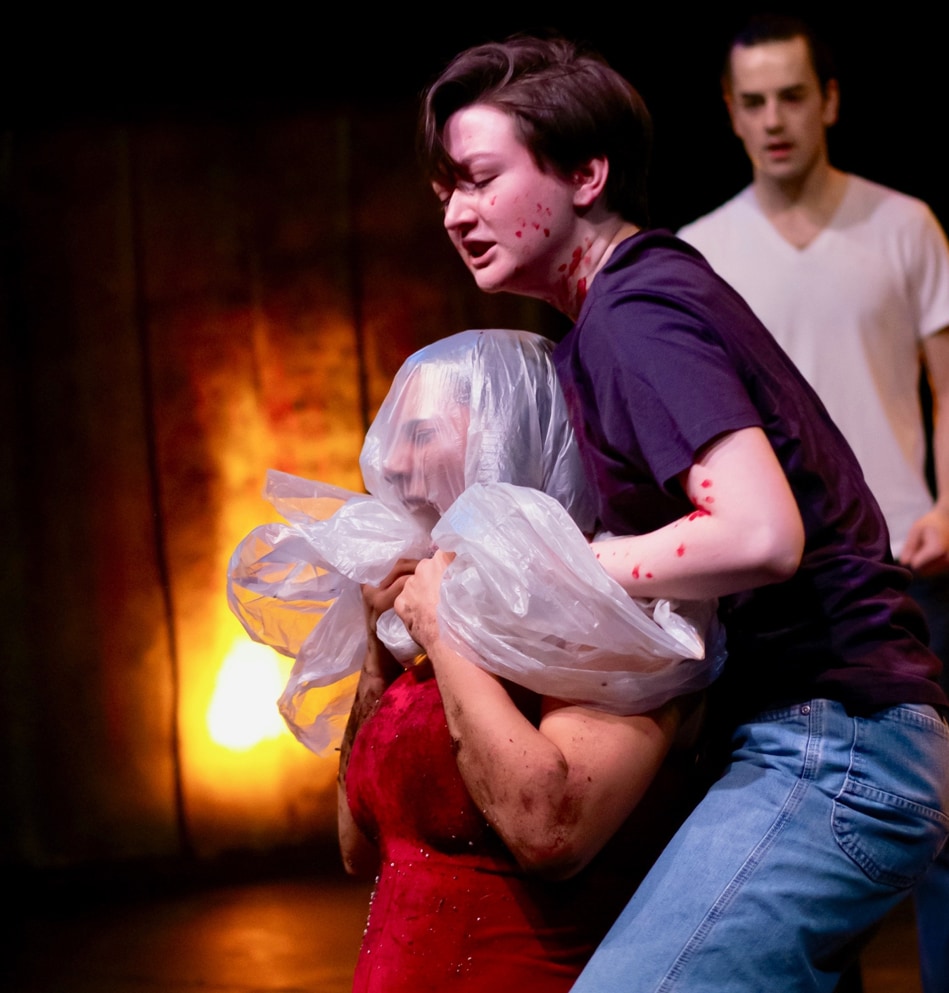
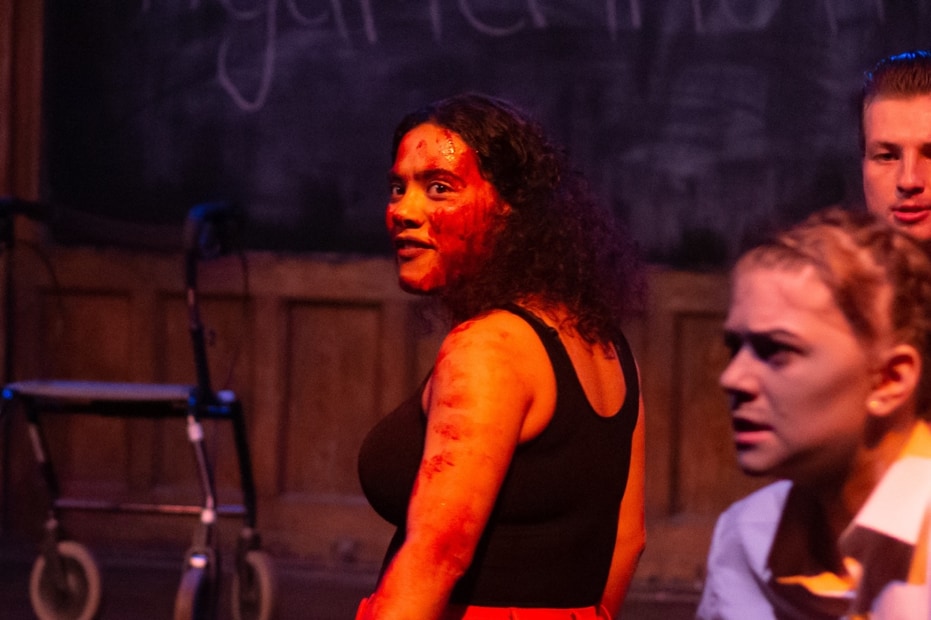
3. What production or artist or scholar has had the most impact on you over the course of your career?
There are too many influences to name here. Though I think of my high school theatre teacher Philip Stanbury, who gave us license to create our own work and run our own mini-theatre festival. We had keys to the space and permission to use it from early in the morning until early evening. In my professional life, I’d say Josephine Le Grice, Peter Hinton, Edward Bond, Caryl Churchill, Daniel Brooks, Tom McCamus, Pia Kleber, Michael Haneke, Thomas Ostermeier, and Katie Mitchell all rank very high.
But perhaps Richard Rose has had the most impact over the course of my career. I saw productions he directed of Censored at St Paul’s Church and The Castle by Howard Barker at Toronto Free Theatre in the 1980s and I immediately sensed the intelligence, rigour and dynamism of his work. I remember calling him on a payphone and asking to audition for one of his Barker productions. I didn’t get the part but it began a conversation and collaboration that has taken me from the Stratford Young Company to the Tarragon Theatre, as an actor, assistant director, and, for a year, as Literary Coordinator. Over the decades, he has been inspirational, generous with his time and talent, and tirelessly supportive. Oh, and he is a York graduate.
4. Is there an image or a quotation that inspires you?
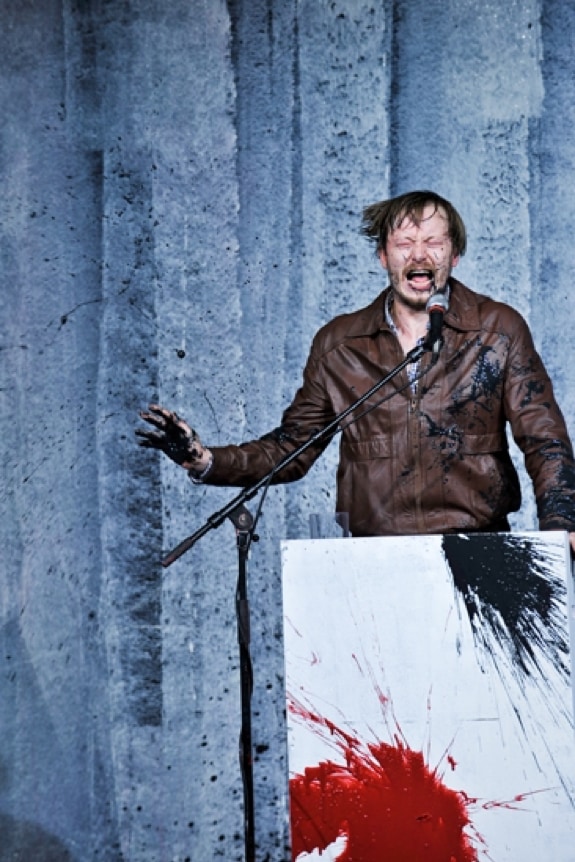
This is an image of Stefan Stern as Thomas Stockmann in the Schaubühne’s production of An Enemy of the People (2012), directed by Thomas Ostermeier. It inspires me because it’s beautiful, messy, funny, and dynamic. Like being caught between Jackson Pollack and his canvas. The production had all of those qualities, as well as being politically incisive and porous, offering a voice to its audience. These are all elements of the theatre I aspire to study and create.